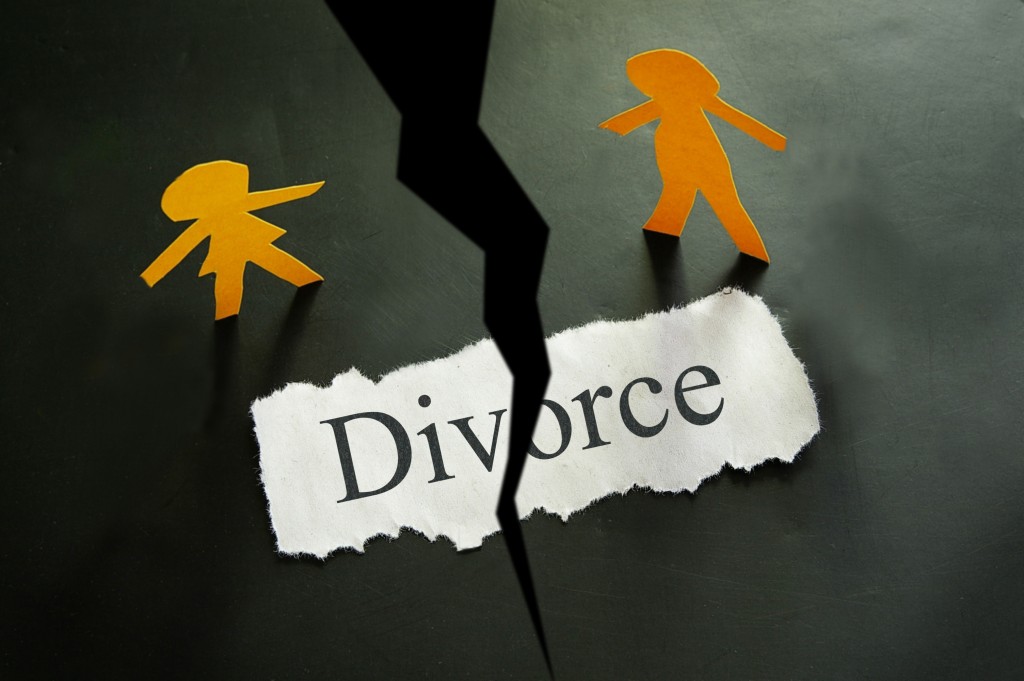Colorado’s family laws are unique in the country because it covers a wide range of topics, from divorce and property division to child support and custody, among other things. In this way, one can argue that Colorado’s family law issues are a bit more complicated than in other states.
But of course, this is why people need to make the most of the services of a family lawyer. In Colorado Springs, CO, family lawyers are trained specifically to navigate the Centennial State’s complex system of rules and regulations governing families. Here are some basic information about Colorado’s family laws:
Divorce in Colorado
The state of Colorado is unique in its divorce laws because it is one of the few states in the country that do not require specific grounds for divorce. This means that an individual does not need to prove traditional grounds like infidelity or abuse; rather, they only need to state that the marriage is now “irretrievably broken.”
This makes most kinds of divorce in Colorado a “no-fault” divorce, which means the breakdown of the couple’s assets will be done so in the most equitable manner without prejudice to one party or the other.
Colorado is moving towards ‘no-fault’ divorce to make it easier for people who have found themselves in broken marriages to leave and start over without the burden of having to prove “grounds” that may not exist in the first place. This also shortens the divorce process because less evidence is required by the court, saving the couple and their children the years-long heartache and hassle of a more ‘traditional’ divorce process.
This also helps the state to focus on the more important aspects of divorce: property division and child custody. For the state of Colorado, a child’s welfare are the most important factor in no-fault divorce, which means that property division, alimony, and other divorce aspects will center around the best interests of the child/children.
Dividing Property During Divorce Proceedings in Colorado

Property division during divorce in Colorado follows a strict set of rules and regulations known as the “equitable distribution of property.” This guideline allows the state to more effectively distribute assets between divorcing couples without prejudicing one over the other. Unlike some states, which rely on case law, Colorado need only follow their Equitable Distribution of Property guidelines to determine property division that is fair to both divorcees and their child or children.
Take note, however, that equitable does not mean equal: assets aren’t split down the middle. Rather, courts will determine a fair division of property (after a careful reading of the case, the spouse’s contributions, etc.) based on the unique circumstances of that particular case.
Colorado Child Support and Custody Basics
The state of Colorado prioritizes the welfare of the child when it comes to cases of divorce, which is why it also has a complex and complicated set of laws that govern child support and custody. Basically, though, Colorado has abolished the terms “sole custody” or “joint custody” and instead refers to it simply as a sole or joint responsibility to further underline the concept that, just because parents are divorced, does not mean that they no longer have responsibilities towards their child or children.
As for child support, Colorado also prioritizes a fair and equal share of support for the child, as both parents share financial responsibilities in raising the child. This, of course, is dependent on the Parenting Plan that couples must submit to the court prior to their divorce.

